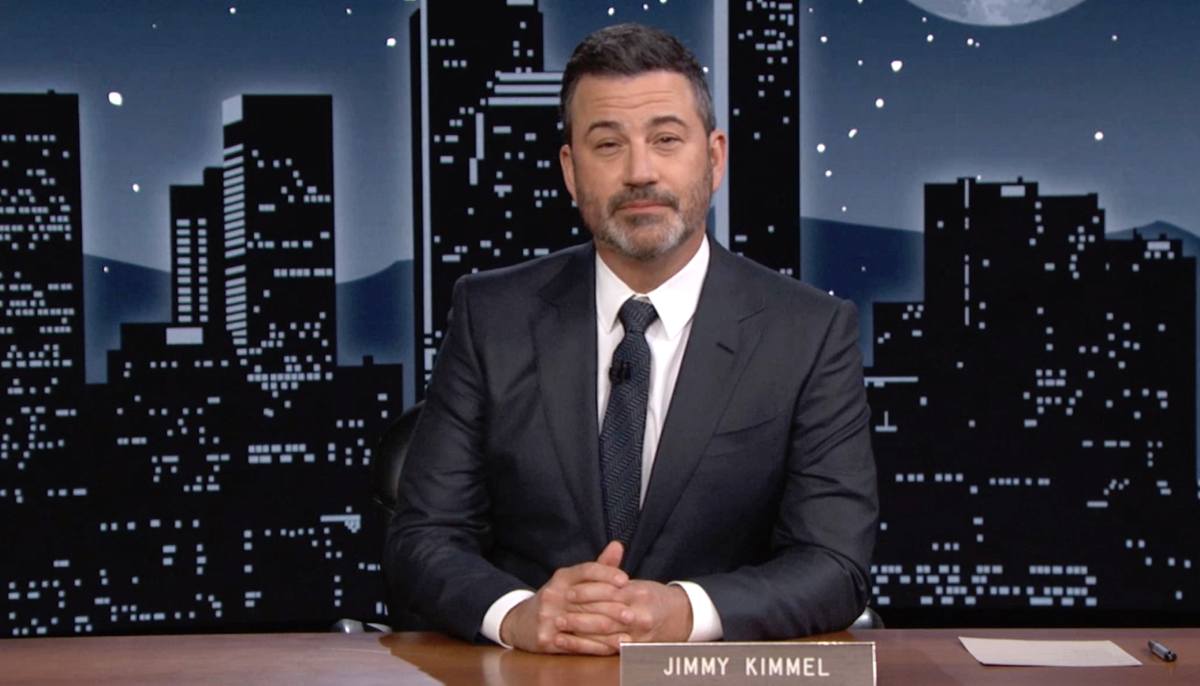ABC Pulls Jimmy Kimmel Off Air After Controversial Comments on Charlie Kirk Amid FCC Pressure
Media Controversy • September 2025 • Broadcast Standards & Free Speech Debate
In a move that has sent shockwaves through the American media landscape, ABC announced the indefinite suspension of Jimmy Kimmel Live! following controversial remarks made by host Jimmy Kimmel regarding the death of conservative activist Charlie Kirk. The decision comes amid mounting pressure from the Federal Communications Commission (FCC), whose chairman Brendan Carr publicly criticized Kimmel’s comments as irresponsible and potentially in violation of broadcast regulations.

The incident began on September 15, 2025, when Kimmel opened his show with commentary suggesting that political groups aligned with the MAGA movement were exploiting Kirk’s death for partisan gain. Critics, however, argued his remarks mischaracterized the situation, given reports that the alleged suspect held left-leaning political views. Within hours, FCC Chairman Carr condemned the comments, warning that ABC could face consequences if corrective action was not taken. Nexstar Media Group, which owns several ABC affiliates, quickly moved to halt broadcasts of Kimmel’s program, prompting ABC to confirm the suspension in a corporate statement.
The decision ignited immediate political and cultural reaction. Conservative voices praised the move as overdue accountability in mainstream media, while progressive commentators and free speech advocates decried it as censorship. The American Civil Liberties Union (ACLU) warned that regulatory pressure influencing editorial decisions set a dangerous precedent for freedom of expression.
Social media erupted with hashtags, memes, and debates both defending and condemning Kimmel. Analysts observed that the episode reflects the precarious intersection of politics, media, and regulatory oversight, where one televised statement can trigger cascading consequences. Inside ABC, staff reportedly expressed unease over the network’s legal exposure and reputational risk, while Kimmel himself remained silent, fueling speculation about his future.
Legal commentators stressed that while the FCC cannot directly dictate program content, its enforcement authority over broadcast licenses and potential fines creates immense pressure on networks to self-regulate. In this case, the combination of regulatory scrutiny, corporate caution, and political controversy pushed ABC to act swiftly.
The broader implications for American media are profound. The suspension raises questions about editorial independence, the limits of satire, and the obligations of broadcasters to balance commentary with accuracy and public trust. For viewers, the absence of Jimmy Kimmel Live! leaves a noticeable gap in the late-night landscape while provoking reflection on the fragile line between free speech and accountability in modern broadcast media.
Bottom line: ABC’s suspension of Jimmy Kimmel under FCC pressure has transformed a late-night controversy into a national debate over free expression, regulation, and the responsibilities of broadcast media. The outcome may reshape late-night television and stands as a cautionary tale of how quickly words can ripple across politics, law, and culture.

